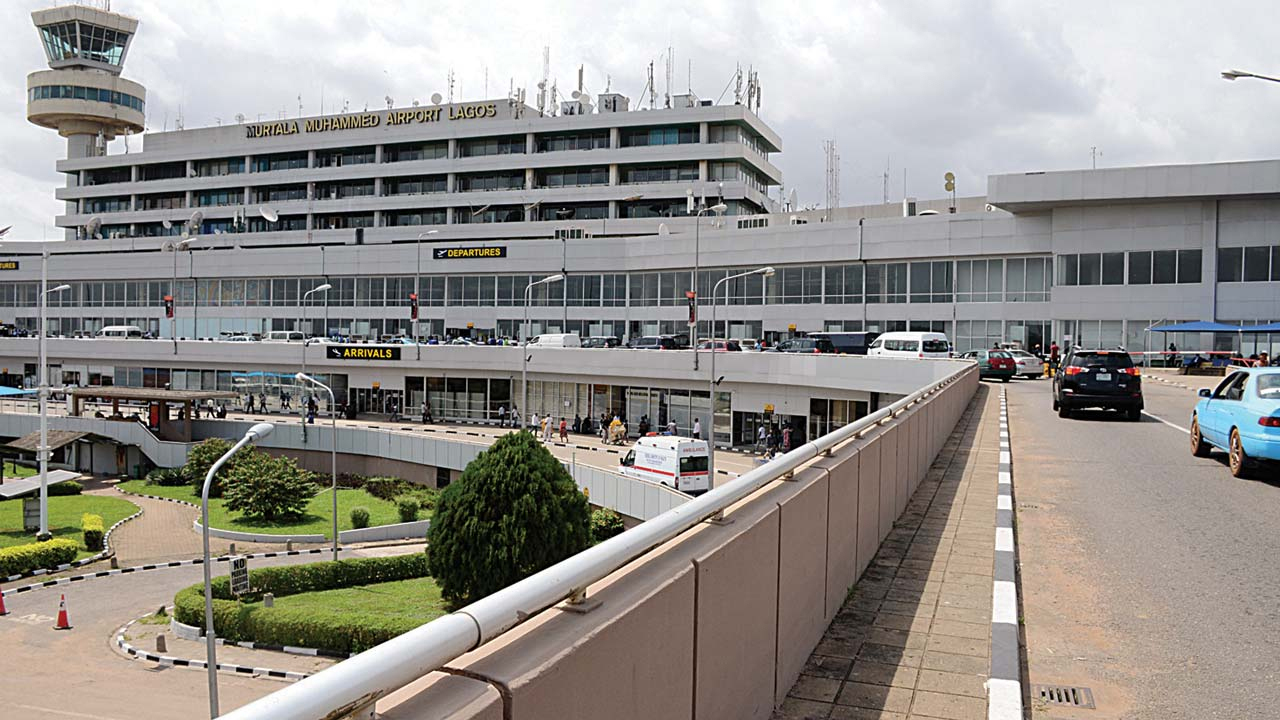Aviation in Nigeria began decades ago. Nigeria is the most populous Black nation. She is known for her large economy and her big roles in Africa and the world at large. But Nigeria is what she is because of her history of colonialism with Great Britain and the amalgamation of the southern and the northern protectorates in 1914 by Lord Lugard. Since then, Nigeria has been on an upward trajectory. However, Nigeria couldn’t have achieved so much without the aviation industry that has played a large role in her developmental structures.
In this article, we are going to consider the development of Nigeria and how aviation in Nigeria has played an integral part in helping to grow the economy. We are going to look at how airports have increased tourism in the country.
The Rise of Aviation in Nigeria and Construction of Airports
Aviation in Nigeria can be traced to the days of colonialism and colonial activities in the region. When the first airplane landed in Polo Field in Meduguri in 1920 and in 1930, a linear airport was created to accommodate the activities going on between the northern region and the south. In the same year, a direct flight from Lagos to Kano and from Kano to Lagos was created, and a linear airstrip was created to support the flight operation from northern Nigeria to London, England, and Lagos as well.

In 1935, flight operations started as a result of the flight activities carried out by the colonial government, and more airstrips were created in different locations in the north to help ease the burden of flight to one airstrip. The aviation industry was a steady growth, and in 1995, construction of airports in different locations and regions gained speed as the government wanted to maximize the potential of the industry. Parastatals and bodies were created to help regulate and guide the growing industry.
The Impact of Airports on The Nigerian Economy
The importance of an airport to a country cannot be overly emphasized. A country’s dependence on air transportation is a result of values that this sector of the economy brings. Air transportation is one of the reasons we could have globalization. Globalization was made possible first as a result of air transportation, since people can move from one part of the world to another with ease. This movement brought about the coming together of people, goods, and services, as well as the interaction of different cultures.
The government of a state relies so much on air transport that it is not only in the movement of people and goods but also uses air transportation for their military activities. For instance, the government of Nigeria had to rely on Great Britain for air transport during the peacekeeping missions in the postcolonial era. It was this factor that led to the establishment of airports and the development of the aviation industry in Nigeria.

On another hand, the revenue generation from airports and air transportation adds so much value to the economy. Revenue could be generated through air transportation and taxation on the use of airports and airspace by flight operators by the government agencies.
Aviation in Nigeria: Airport and Tourism
This is another aspect through which revenue could be generated by the government. The ease of movement of people from one place to another tends to increase relaxation and recreation. Air transport helps to carry people from their country to another country just for sightseeing without having to spend so much time and hours in a sitting position. So one can move in swiftly to a place just to see its cultural heritage and back within a few hours.
Aviation in Nigeria: Latest Updates on Nigeria and its Airports
Nigeria’s aviation sector continues to experience significant transformations marked by infrastructure upgrades, policy reforms, and international collaborations aimed at enhancing global competitiveness.
Note that the updates below are based on the recent updates in the aviation sector of Nigeria as of the time of publishing this piece, 24th March, 2025; they are bound to change.
Temporary Closure for Upgrades
The Federal Airports Authority of Nigeria (FAAN) has temporarily shut the Samuel Ladoke Akintola Airport in Ibadan, Oyo State, to facilitate extensive upgrade works. This initiative, approved by the Federal Government, is part of Oyo State’s efforts to elevate the airport from a domestic to an international airport. In line with aviation safety standards, the Nigeria Airspace Management Agency has closed the runway and suspended operations to ensure the safety of passengers and personnel during the upgrade.
Infrastructure and Policy Advances
Nigeria boasts 20 airports with improved aviation infrastructure, state-of-the-art navigational aids, modern weather forecasting equipment, and a skilled workforce. The aviation sector includes 23 active domestic airlines, 554 licensed pilots, 913 licensed engineers, and 1,700 cabin personnel, catering to over 22 foreign carriers under bilateral air services agreements with 78 countries.
Major Achievements in Aviation in Nigeria
The Honourable Minister of Aviation and Aerospace Development, Festus Keyamo, highlighted recent milestones achieved through strategic collaborations. Notably, a Memorandum of Understanding (MoU) with Boeing has paved the way for a Maintenance, Repair, and Overhaul (MRO) facility in Nigeria. This development is expected to reduce operational costs for airlines and create employment opportunities for local aviation professionals.
Compliance and Global Recognition
Nigeria’s compliance with global aviation standards has significantly improved. The nation’s compliance score under the Cape Town Convention (CTC) rose from 49.5% to 75.5%, reflecting better aircraft repossession processes and enhanced regulatory frameworks.
Infrastructure Developments
Borno Airport has been upgraded to an international airport, enhancing connectivity in the North-Eastern region. Additionally, the Lagos International Airport’s Wing E Arrival Hall has undergone state-of-the-art remodelling, improving passenger experience through a public-private partnership and cooperation with the Nigerian Immigration Service.
Legislative and Economic Reforms
The government is pushing the Fly Nigeria Act to prioritize Nigerian airlines for government-sponsored air travel, boosting the local aviation industry. This aligns with the Renewed Hope Agenda of President Bola Ahmed Tinubu’s administration, aimed at sustainability for indigenous carriers.
Government Commitment to Transparency
During the 2025 Ministerial Press Briefing Series, the Minister of Information and National Orientation, Mohammed Idris, reiterated the government’s commitment to transparency and accountability. The administration continues to promote public engagement and economic reforms, with notable improvements such as reduced food prices, exchange rate stability, and lower petroleum costs.
Overall, Nigeria’s aviation sector is on a path of growth and stability, reflecting the government’s dedication to improving infrastructure, regulatory compliance, and economic development.
Conclusion
The importance of air transportation and airports cannot be overemphasized. It brings so much to the economy that the government had to invest so much to harness the potential of the sector. We cannot ignore the fact that airports and air transportation help to bring people to the world, without which the country will be assumed to be in the dark ages.
Stay connected for more!
References
- Punchng.com – FAAN shuts Ibadan airport for upgrade
- Ncaa.gov.ng – Nigeria Civil Aviation Authority
- Aviation.gov.ng – Nigeria Achieves Major Milestones in Aviation Sector, Rated Number One in Africa in Compliance with Global Standards. – Keyamo


